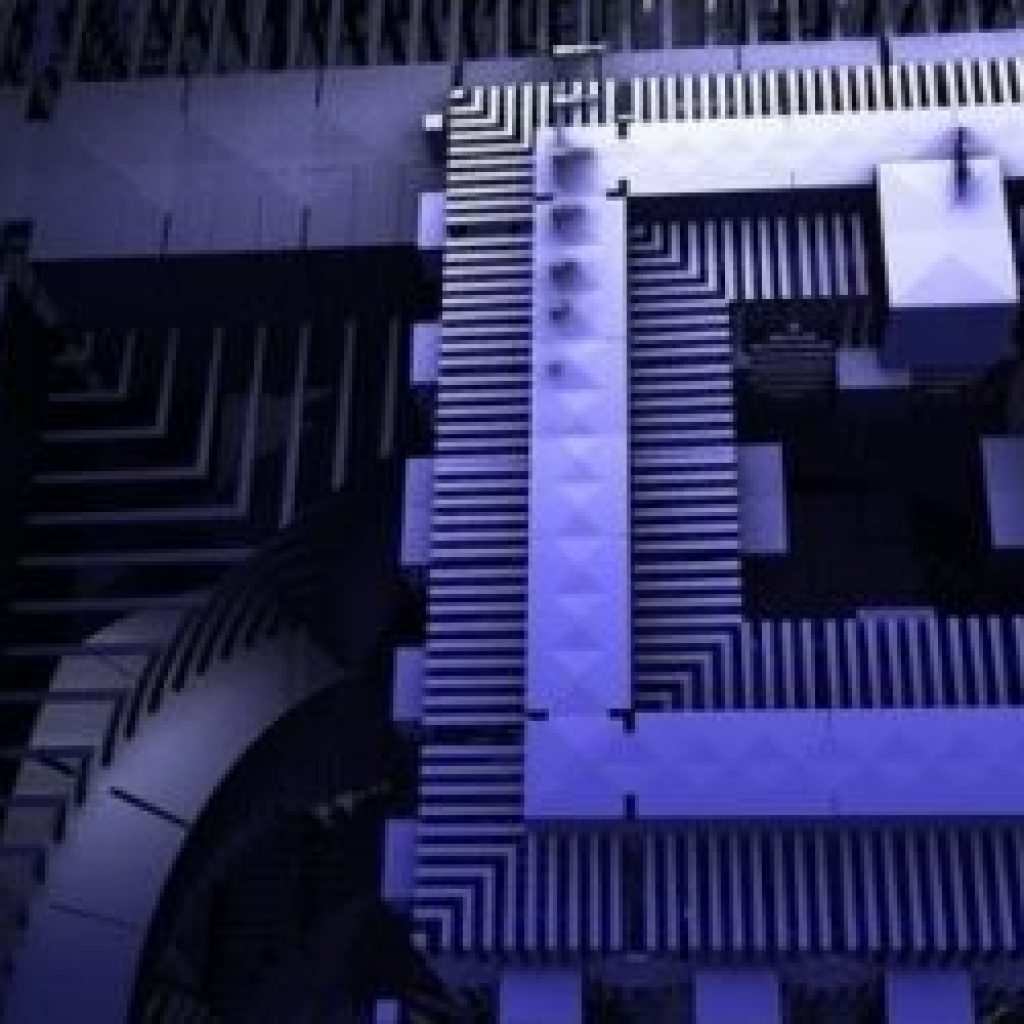(WallStreetJournal) The venerable Wall Street Journal predicts while that the exact nature and scope of quantum computing’s promise has been only vaguely defined today, in the future quantum computers will come in a variety of different sizes and shapes, suited for different purposes. Meanwhile; IBM, Google and Microsoft are big players, as are several university-based research groups and national laboratories around the world.
Quantum computers store information on quantum bits, called qubits that are more intricate than bits and can store information more densely. While qubits are powerful, they’re also delicate and hard to work with.
A promising development is classical-quantum hybrids, in which a classical computer can call on a relatively small quantum “coprocessor” to do critical calculations within its own programs. The coprocessor strategy follows the spirit of Graphical Processing Units (GPUs)—superfast chips that do some specialized operations extremely efficiently. GPUs were originally developed for use in computer games, where they make it possible to update fast-paced displays. But ingenious researchers have exploited them in many other ways.
The hybrid strategy could start to deliver on the promise of quantum computation for chemistry and materials science long before large, general-purpose quantum computers are available—if they ever are. Bring on the QPUs!
The Quantum and Classical-Quantum Computers in Our Future
